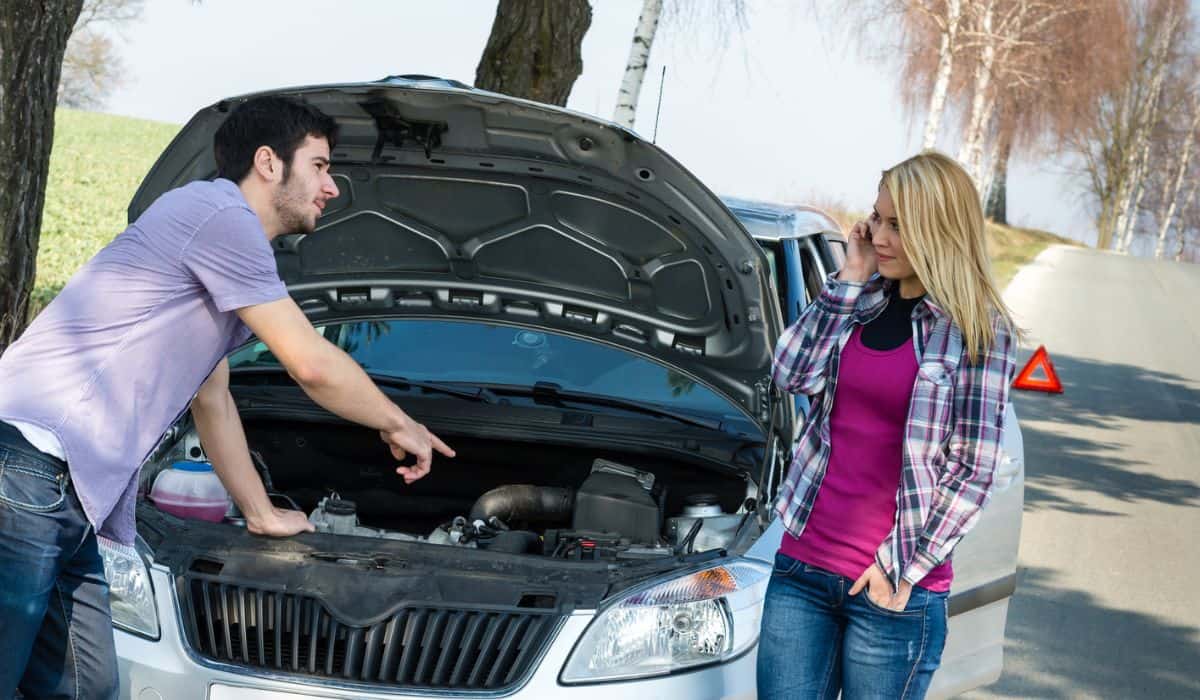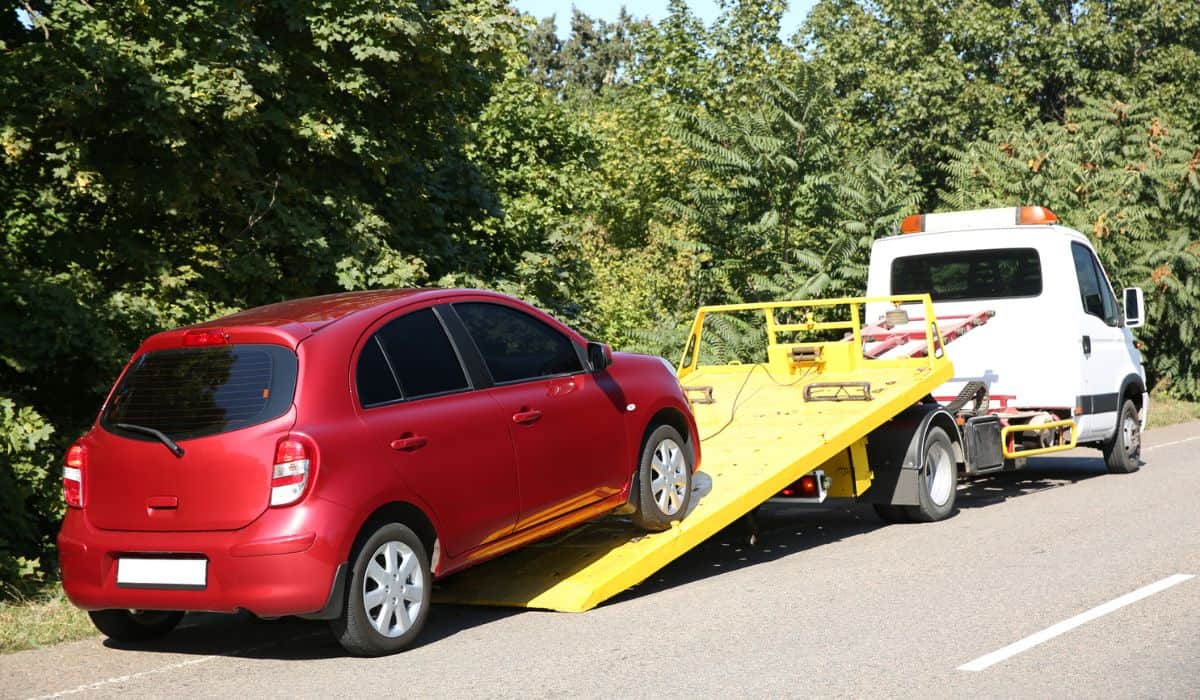Car Engine Stopping Suddenly? Causes & What To Do When It Happens
A car engine that stops suddenly can be a serious safety problem as it can cause you to lose control of your car to some extent, especially if you’re driving fast. As a result, you could become stuck in moving traffic, increasing the possibility of injuries, crashes, or worse. It’s also possible to become stuck in severe weather or some rural locations without water or food.
A car engine can stop suddenly due to overheating, electrical issues, or a choked catalytic convertor. If your engine stalls, turn on your emergency hazard lights and try to steer it to the side of the road. If you stall in a traffic lane, first call 911 and then call for roadside assistance.
Stalling car engines isn’t just a problem faced by old cars. Hundreds of vehicles, from Toyota, Jeep, Ford, Chrysler, etc., have been recalled due to stalling concerns in recent years. Let’s find out what can cause your engine to stop suddenly. We’ll also tell you the best course of action in such situations.
What Causes a Car Engine to Stop Suddenly?

Several reasons can cause a car engine to stop unexpectedly while you’re driving. Some of the most common causes are listed below:
Overheating Engine
One of the most common reasons an engine may stop suddenly is overheating. Heat energy is created when fuel and air burn inside the internal combustion chamber.
The engine further converts this energy into mechanical energy, which ensures the various parts and components of the vehicle operate smoothly. Next, the alternator converts mechanical energy into electrical energy, which powers the electrical components of your car.
However, if the amount of coolant in your car engine isn’t enough to keep the temperatures well within the normal range, the pistons will start melting, causing the engine to shut down suddenly.
Electrical Issues (a Bad Alternator)
Electrical problems in the ignition system or your vehicle’s computer system may result in failure to send the proper signal to your engine. As a result, your car engine will ultimately stop. However, the check engine warning light will flash on your car’s dashboard right before this happens.
If you see this light flash, take your car to an auto shop before it stops while driving. It’s not advisable to take risks once this light comes on.
Low Engine Oil or Transmission Fluid
It’s incredibly vital to regularly check the oil level in your engine as its oil keeps an engine’s moving components lubricated. You need to ensure these parts keep running without resistance, and a decrease in the oil level can be catastrophic.
An oil leak in your engine can cause the oil levels to fall below the minimum. As a result, there’ll be extreme friction between metal components. Your engine will seize up and shut down. This could also lead to expensive engine damage.
In addition to engine oil, your car engine needs transmission fluid to operate correctly. Not having the correct amount of transmission fluid can cause the transmission to overheat. As a result, not only will your car engine stop at any time, but your gears will also be damaged.
That’s why it’s essential to ensure your car engine has the right amount of engine oil and transmission fluid.
Choked Catalytic Converter
The catalytic converter is essential to your car’s exhaust system as it helps clear out the exhaust. However, if the vehicle is running too rich or the fuel has many impurities, the converter will not be able to function correctly.
As a result, the tailpipe may get choked up with exhaust, or the catalytic converter can get plugged up, overworking the engine and causing it to malfunction.
Failed Motor Mount
Although an uncommon reason for engine failure, it’s possible the engine hasn’t been secured back correctly after it has been worked on or the motor mounts have become faulty.
In case the engine mounts are broken or aren’t used to secure the engine properly, your engine will vibrate excessively. The component damage resulting from this vibration will shut down the engine completely.
What Should I Do if My Engine Stops Suddenly?

Once your car engine stops, the power steering system and the brakes will also be affected. The brake pedal will become harder to push, increasing the vehicle stopping distance and making it more challenging to maneuver the steering wheel.
Depending on what caused your vehicle to stall, it’s also possible that your airbags may not work correctly.
The following are some measures that should be taken in case your engine stalls:
- Turn on your emergency hazard lights as soon as the engine stalls. This will serve as an alert to other drivers that you’re having a problem.
- Marked by a red triangle, this button is typically larger and more prominent than other buttons on your dash. You’ll find it on your dashboard or, if you have an older car, atop the steering wheel column.
- Put your car into neutral and coast to the side of the road away from the traffic. Try parking your car as far away from the traffic as possible.
- Once you’ve safely stopped, try to start your engine again. For manual transmission cars, shift into Neutral; for automatic transmission cars, shift into Park.
- If your car starts and you can get underway again, get to a safe location and then call a tow truck, AAA, or roadside assistance provider in case your car stalls again. Before setting off again, it’s best to let your car run for a few minutes.
- If your engine doesn’t start for safety purposes, don’t try to get out of your car, especially if you’re stuck in a traffic lane. First, call 911 to ask for police assistance to move your vehicle to safety, and then call for AAA, a tow truck, or roadside assistance.
